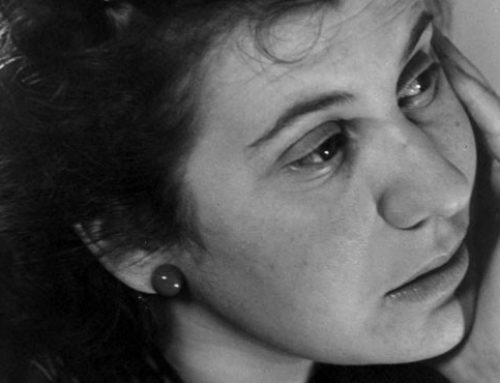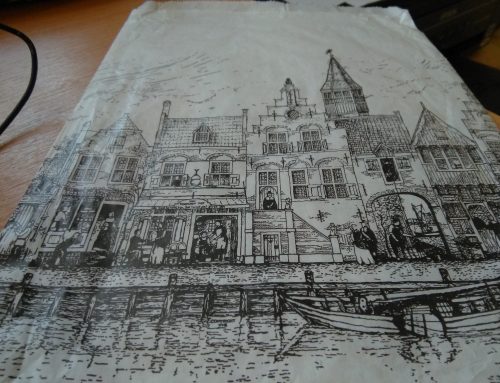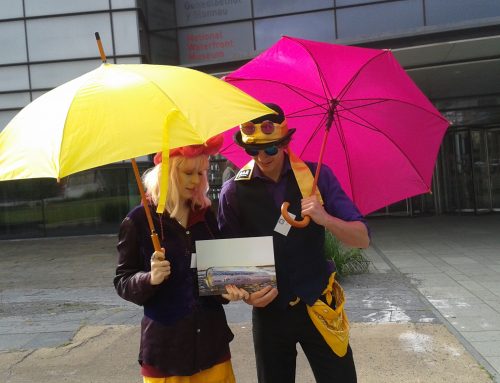
In poetry therapy and expressive writing groups, loss is always close to the surface and informs much of what it is we want or need to write about.
As Kahlil Gibrain wrote in The Prophet, ‘Your joy is your sorrow unmasked’ and it can easily be expressed the other way around. Like the masks used in the theatre of ancient Greece, tragedy and comedy can be exchanged one for the other. Similarly, tears often turn to laughter and vice versa.
I’ve recently read two short books about bereavement – a statement which sounds bland and cold compared to the actual experience of being immersed in very different texts.
Michel Faber’s The Undying: A Love Story is a poetry collection documenting the author’s wife’s dying of cancer. It is full of personal details about her clothes, what she eats, where they go and conversations they have.
Falling Out of Time by David Grossman is hard to categorise. It seems closest to a ‘play for voices’ in which a Man sets out on a walk after the death of his son. It’s in a beautiful translation from the Hebrew by Jessica Cohen.
Both of these writers are novelists and in fact David Grossman, was three years into a novel about a woman whose son was killed when his own Uri was killed by a rocket attack on his tank in South Lebanon. Michel Faber is known for his ‘dark’ novels and stories.
One of last year’s surprise best-sellers was Max Porter’s Grief is the Thing with Feathers, another book about bereavement, this time of a mother of young children, which brings in both the fantastical – a crow coming into the family home – and the literary hinterland of Ted Hughes and his own losses and the use of crow mythology as a vehicle for writing about them, as well as alluding to Emily Dickinson’s ‘hope is the thing with feathers’.
Michel Faber’s book is highly specific and also personal. There’s an intimacy here that at times feels too close for comfort. The poet is almost daring us to look to see precisley what he is seeing. He is very present in the poems – including in his own fear of inadequacy –
These were the ways I helped you
in the early days of your ordeal:
Feeling guilty.
Feeling anxious.
Feeling small.
Banging my head, for real, against a wall.
David Grossman in contrast has created what one reviewer called a Brechtian response to the horror of bereavement with an array of archetypal characters in a world outside of any specific time or place – all of whom have lost children including a town crier, a duke, a maths teacher, a midwife, a cobbler and a net-mender. I found myself copying out line after line which were poetic and aphoristic, such as:
WOMAN: Will I ever again
see you
as you are
rather than as
he is not.
CENTAUR: She left me
three years after
the boy did. If I could have
I would have left me too.
MAN: We were
like a house
where the lights
go slowly out,
until a sombre silence
fell.
His book is also about the mysteries of time – how grief ages over a lifetime, as we do, and also how the loss is somehow timeless and always present tense.
2 Comments
Leave A Comment
You must be logged in to post a comment.











Would love to read all these books you have introduced me to.
Thank you.
Thanks Maz, so many wonderful books out there, one lifetime’s not enough ….